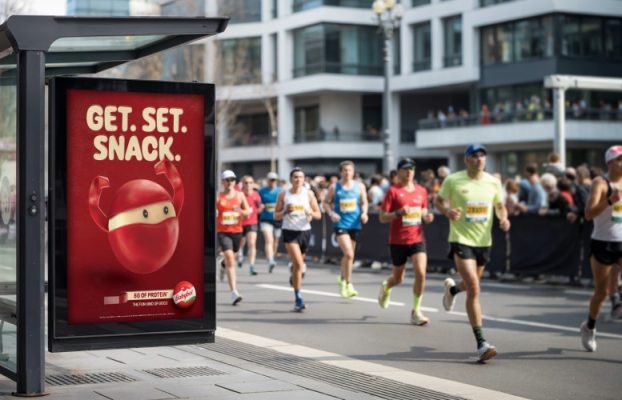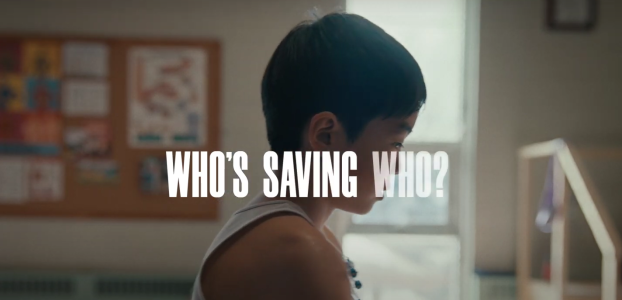There is an old joke that makes a point about differing perceptions and perspectives.
It occurs in a psychiatrist’s office, where a doctor is taking his patient through a standard Rorschach test. As the doctor asks his patient what he sees in each of the ink blot designs, the doctor hears, to his increasing horror, a litany of disturbing interpretations, each one more lurid than the other. Finally the doctor turns to his patient and says, ‘You know, you’re really sick.’
To which the patient replies, ‘No, you’re the sick one for showing me all those dirty pictures.’
The story captures one of the great underlying perils of advertising: no matter how hard you try not to offend people, and regardless of how diligent you may be in testing for possible hidden or unintended meanings, someone is going to take your message wrongly.
And this is certainly no joke, as ad agency MacLaren:Lintas and client Hershey Canada discovered recently.
MacLaren created a television commercial for a series of Hershey licorice products under the brand names Twizzlers, Goodies and Nibs. The spot shows three different people – a cowboy, a South Seas tribal chief and a Japanese businessman – reacting in different ways to the products.
The offending portion involves the Japanese businessman who is shown using the Nibs in place of beads on an abacus. As he appears on screen, a voiceover refers to the brand name. The perception of some members of the Japanese-Canadian community was that the brand name Nibs was too close to the word ‘Nips,’ a derogatory reference to people of Japanese origin.
The Chinese Canadian National Council also complained to Hershey about this scene in the commercial.
This came to light after thorough and extremely sensitive pre-testing by MacLaren among a broad cross-section of consumers, including people of Oriental origin, which revealed no hint of offence. Also, the commercial was approved by all the official industry and governmental screening panels.
Hershey decided not to kick up a fuss and pulled back. The client and agency went to original footage and recut the commercial, creating a new spot, based on the same premise, but without the Japanese businessman.
The short-term effect is that a public relations skirmish, potentially damaging and certainly a no-win situation for Hershey, was avoided.
The long-term effect is that yet another significant advertiser will undoubtedly be…cautious, shall we say…if its agency recommends anything but the safest, most middle-of-the-road creative.
This is an extremely important and difficult issue. Clearly, if the advertising is viewed as offensive or demeaning, its creators have a responsibility to react to that point of view.
Yet at what point do we politically correct ourselves into a communications straitjacket?
And, ironically, if the jacket tightens, the big losers may well be those very people who, quite justifiably, are urging the advertising community to leave the safe middle ground of white-faced, aerobics-toned stereotypes and try to better reflect our society as it really is.























